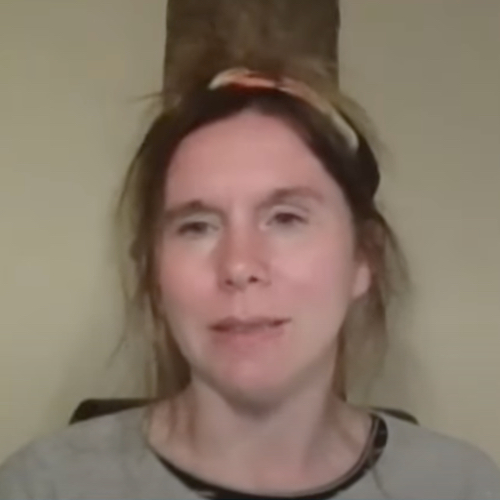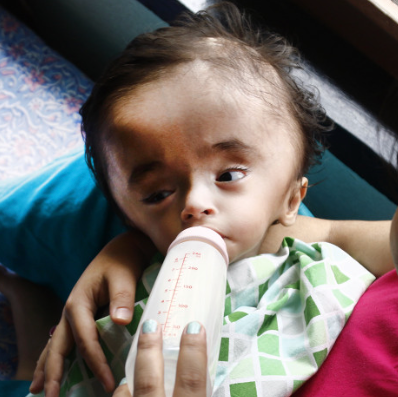At the emergency room, staff first thought the 69 year-old’s injuries were minor, but he died from internal bleeding about five hours later.
He was buried with full honors at Arlington National Cemetery. Following the death of her husband, Nancy co-founded the Community Emergency Healthcare Initiative, designed to measurably affect preventable injury and death now occurring in emergency departments.
The Centers for Disease Control and Prevention (CDC) has identified medical errors as the third leading cause of death in the United States. This alarming statistic highlights a silent epidemic that affects countless individuals, regardless of their socio-economic status or achievements.
Nancy Conrad, the widow of the legendary astronaut Charles Pete Conrad, offers a heart-wrenching testament to this crisis. Pete Conrad wasn’t just any individual; he was an American icon. As a test pilot, an astronaut, and the commander of the second landing on the moon, Pete’s contributions to space exploration are unparalleled. His legacy, immortalized in history books and celebrated worldwide, stands as a testament to human achievement and the spirit of exploration.
Yet, despite his remarkable achievements, Pete Conrad became a victim of the very system meant to heal. In a tragic twist of fate, he lost his life not in the vast expanse of space but within the confines of a hospital room. Multiple system failures, including a lack of communication, failure to rescue, and unsafe blood delivery, culminated in his untimely death.
Nancy’s recounting of Pete’s final hours paints a harrowing picture of the gaps in our healthcare system. The anguish of that day, compounded by the hospital’s lack of transparency and empathy, serves as a stark reminder of the urgent need for reform.
Pete’s story is not an isolated incident. Every day, countless individuals entrust their lives to medical professionals, hoping for healing and care. Yet, as the CDC’s statistics reveal, many become victims of preventable errors.
As we reflect on Pete Conrad’s legacy, let it not only be a celebration of his contributions to space exploration but also a call to action. A call to address the systemic issues plaguing our healthcare system, to prioritize patient safety, and to ensure that no other family has to endure the pain that Nancy Conrad and countless others have faced.
In the face of this silent epidemic, it’s time for change. It’s time to ensure that our healthcare system, much like the space missions Pete Conrad championed, embodies the very best of human endeavor, innovation, and care.







